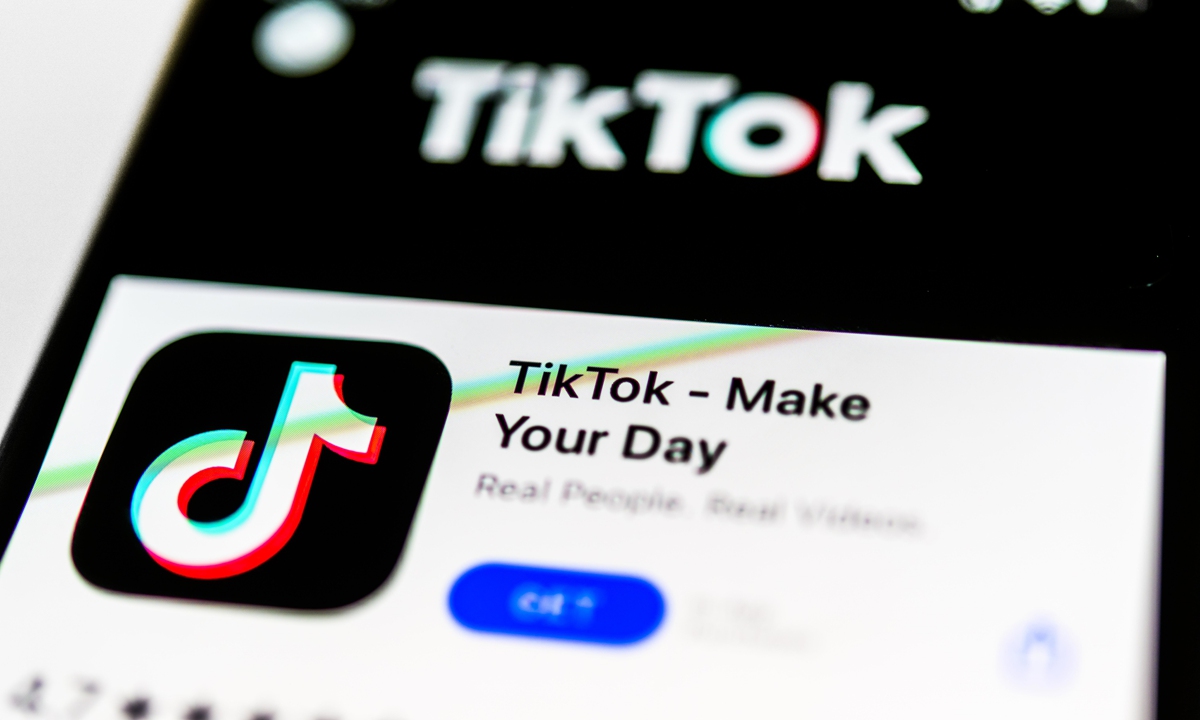
Global Times (21 September 2020) – US President Donald Trump said Saturday that he had approved, “in concept,” a deal in which Oracle and Walmart would partner with TikTok in the US, according to US media reports. The new company will be called TikTok Global, said US Treasury Secretary Steven Mnuchin. TikTok Global will likely be headquartered in Texas and will hire “at least” 25,000 people, Trump said. Trump also added that the new company “will have nothing to do with China” and will be fully controlled by Walmart and Oracle.
But according to US media reports, ByteDance retains a majority of the shares in TikTok and control of the algorithm, with Oracle and Walmart holding up to a 20 percent share of stocks. Oracle will have full access to TikTok’s source code and updates to ensure the company’s Chinese parent does not use a back door to monitor US users, informed source said.
According to the report, the current plan will allow TikTok to continue operating in the US and prevent it from being shut down or being fully sold to a US entity. Its parent company, ByteDance, is not out of the game.
ByteDance will continue as the controlling shareholder with the core algorithms remaining in its hand.
On Sunday, ByteDance claimed that Oracle would become TikTok’s partner in data security compliance. The two sides will carry out data security compliance cooperation similar to that between the iCloud and the Guizhou-Cloud Big Data Industry Development Company in China. Since TikTok has an office in Los Angeles, California, the deal is also dubbed “California Cloud Big Data.”
When it comes to US reports that TikTok will set up a $5 billion education fund, ByteDance responded on Sunday that it had first heard of the proposal in the news. This clarification is interesting.
Though still unfair, the new deal reported by the US media is still one imposed on TikTok forcefully without international law or general business rules as the basis. But it should be noted the plan is less costly for ByteDance than a shutdown or a complete sale to US companies. This plan is relatively more reasonable to ByteDance. The plan shows that ByteDance’s moves to defend its legitimate rights have to some extent worked. The Chinese government’s latest restrictions on technology exports, including AI algorithms, have significantly influenced the outcome.
The TikTok case should not have happened in the first place. But it did. A certain flexibility has been shaped in the contrast between the original demands made by Trump and the current deal. It reflects that there is space for the game with the US, despite the fact that the decision-making approach in the US side is overbearing. Chinese companies should study the TikTok case. In future conflicts, they could seek levers of interest that may affect the decision of the US based on their own circumstances, in an attempt to reduce the losses of Chinese companies.
US reports generally mentioned that the TikTok deal needs approval from the Chinese government, unveiling the weight of Beijing over the case. Obviously, the Chinese government has never been an outsider from the beginning to the end of this deal. Washington cannot unilaterally get whatever it wants on issues related to Chinese enterprises.
Following Washington’s Friday announcement that it would ban TikTok and WeChat Global downloads, China on Saturday released detailed provisions for its Unreliable Entity List. The US economic community is attaching great significance to the list, while US public opinion has made quite a few conjectures.
The TikTok case mirrors the “limit” of US tolerance for Chinese internet applications. The security demands made by Washington are much higher than similar requirements by other countries. If any US internet company wants to enter the Chinese market, accepts a similar restructuring of its equity and board like Washington did to TikTok and is willing to completely hand over their security supervision and control to the Chinese side, then they must be welcomed here. Google, Facebook and Twitter have branches worldwide, and all countries have the right to raise the requirements to reorganize the branch offices. The US government should proactively interact with the above-mentioned demands to practice the reciprocity and fairness which Washington has repeatedly mentioned recently.

